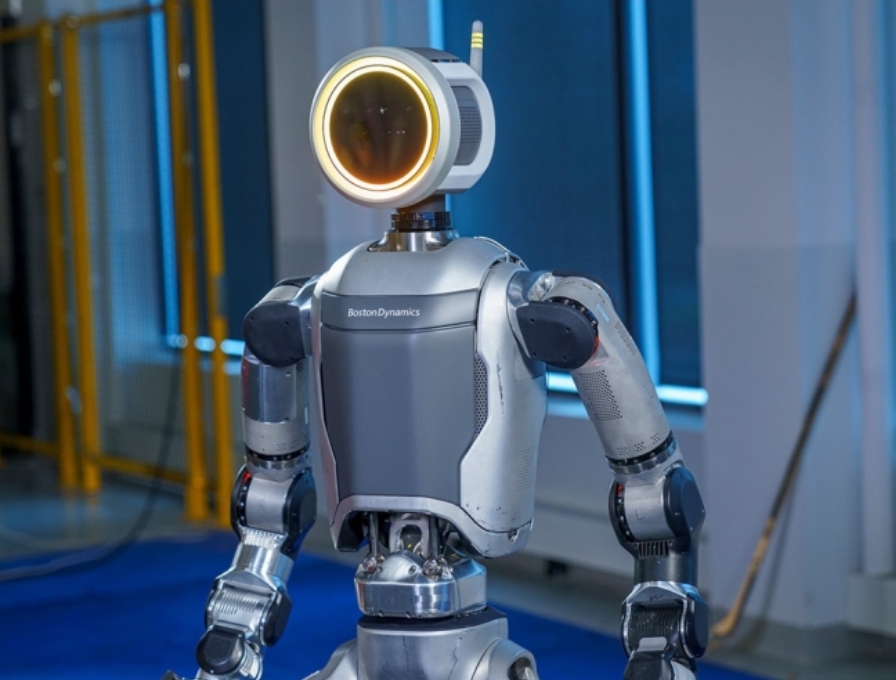Boston Dynamics $HYUD
and Toyota's research division $7203 (+1,88 %) want to bring AI to the Atlas robot.

When it comes to imitating natural movements for robots, the US robotics company Boston Dynamics is one of the world leaders, and Atlas is currently one of the best humanoid robots. In future, it should be even easier to teach it new movements.
The company has entered into a partnership with the Toyota Research Institute (TRI) to bring TRI's Large Behavior Model (LBM) and Atlas together. The aim is to "accelerate the development of humanoid general-purpose robots", the TRI announced.
The LBM developed by the TRI is based on a process that was developed together with Columbia University and the Massachusetts Institute of Technology (MIT) and is known as the diffusion policy. A robot learns through haptic demonstrations.
The human demonstrates, the robot learns
Diffusion policy is part of imitation learning (IL): instead of writing elaborate code to teach a robot new behaviors, a human demonstrates a movement.
This creates small, consecutive actions that are combined into a complex action. Instead of predicting a single action in one step, the diffusion policy predicts different actions and narrows them down over time. This makes a robot increasingly precise when handling objects.
The TRI has already taught robots a number of skills in this way. These include, for example, pouring liquids or using tools. They have even been able to teach the robots complex tasks such as preparing pancakes, peeling potatoes or buttering bread.
Boston Dynamics and the TRI are establishing a joint research team that will be based in Boston. "Current advances in AI and machine learning open up enormous potential for the further development of physical intelligence"said TRI CEO Gill Pratt: "The opportunity to implement TRI's AI on Boston Dynamics' hardware is critical to both of our organizations as we work to empower people and improve quality of life."

